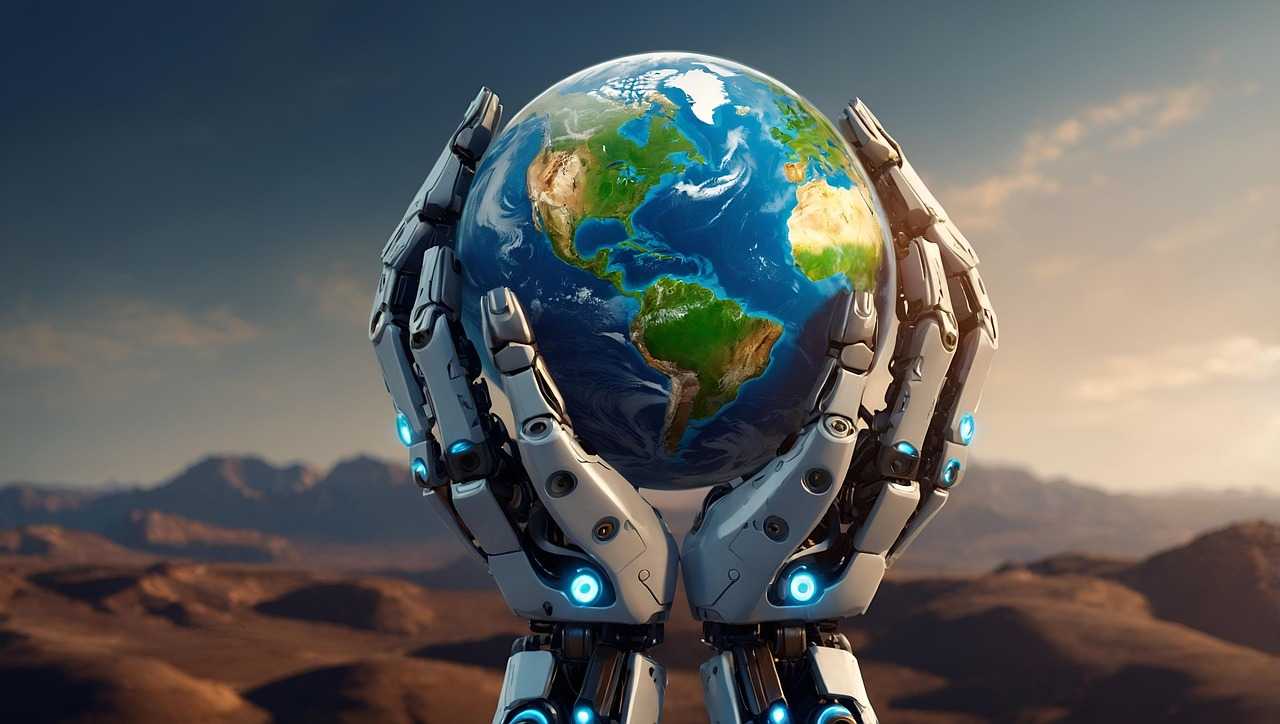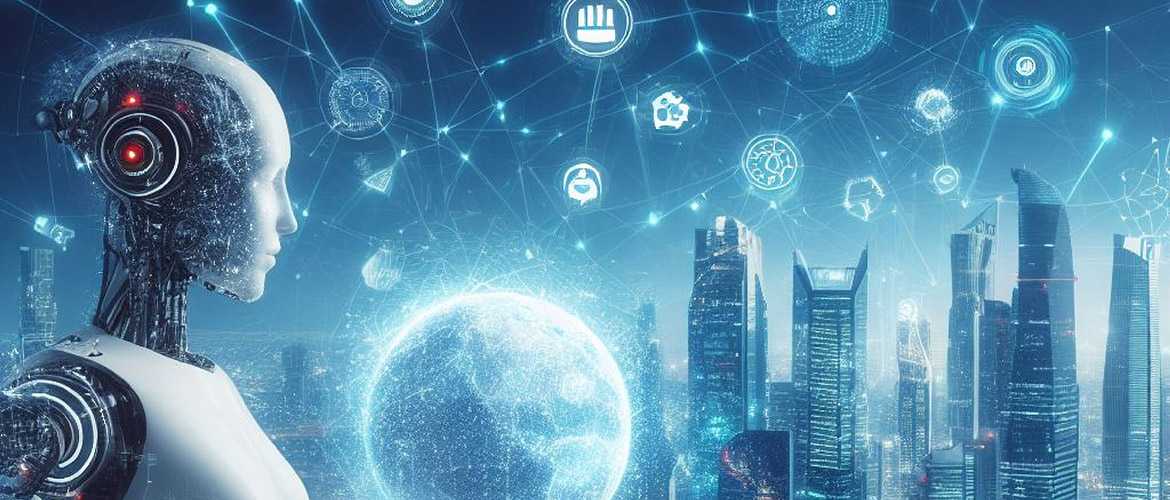AI is Changing the World
Over the last few years, AI has rapidly evolved from a fun generation tool into a game-changing force. It has become an integral part of research and development, humanitarian efforts, education, and even traditional industries such as medicine and the military, which have incorporated it in certain areas. However, the first industry to experience a complete transformation will be the IT sector.
AI-Driven Tools and Their Impact on Software Development
AI-driven tools significantly streamline code writing. The implementation of an MVP app, which previously could take six months or more, can now be reduced to just a month or even weeks. However, this is not magic – if you have never coded or lack experience in implementing a specific type of project, AI will not do the work for you. This may change within a year, but let me predict what is already shifting.
First, the last decade has been shaped by the hypergrowth of low-code and no-code solution engines. These platforms offer fast decisions at a low cost but come with trade-offs in scalability, performance, and flexibility. Now, low cost is no longer the key advantage—building custom solutions is becoming inevitable.
Second, the decline of core SaaS solutions for big companies. Core SaaS solutions for large enterprises will become a thing of the past. With the budget they currently spend on these services annually, they will be able to build their own solutions and maintain full control over them.
Third, a decline in demand for developers is underway. While new opportunities will arise from reduced development costs, the IT industry has already reached a plateau in overall growth and is now embedded in nearly every sector. Much of the work currently done by junior developers will disappear.
Fourth, we are witnessing the early stages of a new industrial revolution, marked by the arrival of the first mechanical looms. No one can predict which steams will be powered in the coming years, but the impact on society and industry will likely rival—or even surpass—the transformations brought by the Industrial Revolution two centuries ago.



